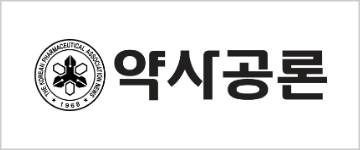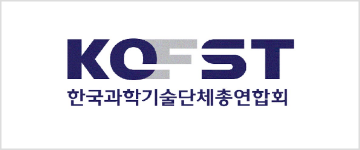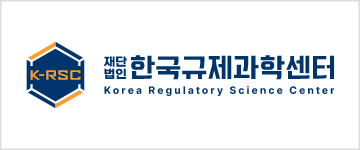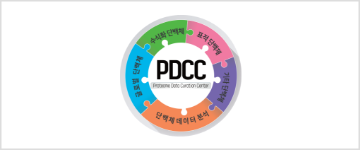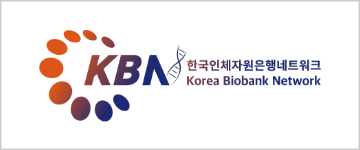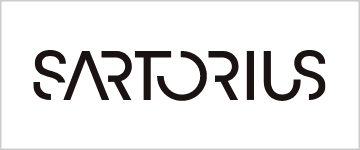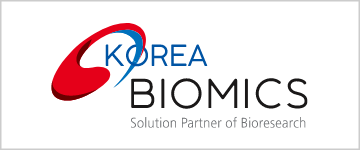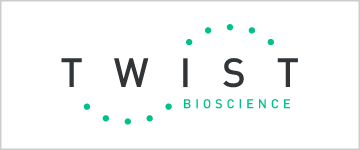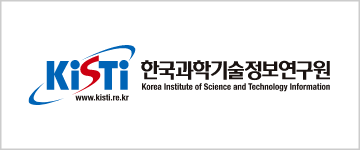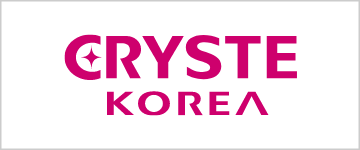2025 Fall
International Convention of PSK
2025 CONVENTION
Abstracts
Compound A ameliorates cognitive impairment by reducing glial activation and neuroinflammation
- Han Yang Liu1, Min Ji Kim1, Seong Hee Jeon1, Jun Sang Yu2, In Jun Yeo*1
- 1College of Pharmacy, Kyungpook National University
- 2College of Pharmacy and Medical Research Center, Chungbuk National University
Compound A was evaluated for its neuroprotective potential in a scopolamine-induced cognitive impairment model. Female C57BL/6J mice received intraperitoneal injections of compound A (2 mg/kg) or donepezil (1 mg/kg) for 12 days, followed by scopolamine (1 mg/kg) co-administration from day 13 to 20. Behavioral tests demonstrated that both compound A and donepezil significantly shortened escape latency in the Morris water maze compared with scopolamine alone, indicating recovery of spatial learning and memory. In the passive avoidance test, drug-treated groups exhibited increased latency responses relative to the scopolamine group, supporting restoration of stimulus-associated memory. Post-mortem analyses of hippocampal tissue revealed reduced expression of glial fibrillary acidic protein (GFAP) and ionized calcium-binding adapter molecule 1 (IBA-1) by Western blot and immunohistochemistry, suggesting attenuation of neuroinflammation and neuronal damage. Collectively, these results indicate that chronic administration of compound A ameliorates cognitive deficits, likely through suppression of glial activation and neuroinflammatory signaling, highlighting compound A as a promising candidate for the treatment of memory impairment.
Q&A
- There are no registered questions












